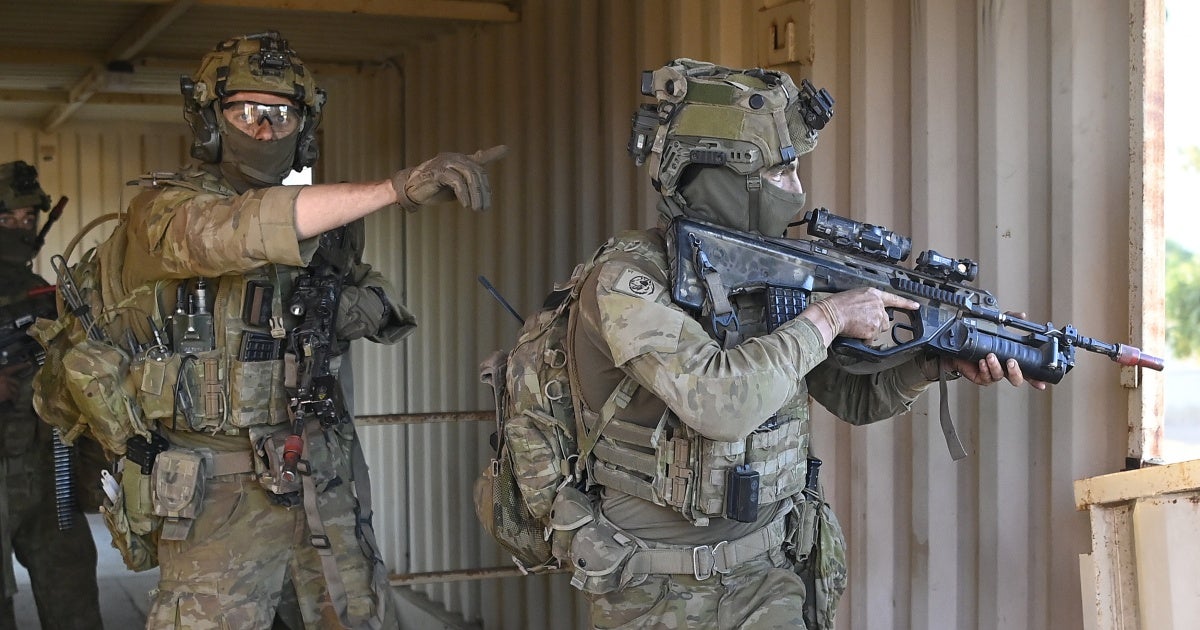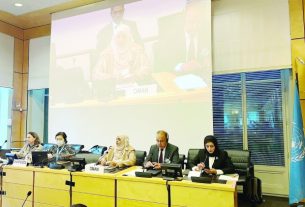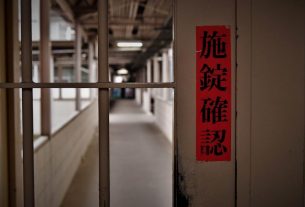(Sydney) – The Australian government should include human rights vetting provisions in all bilateral security force cooperation agreements, Human Rights Watch said in a submission to the Parliamentary Joint Standing Committee on Treaties. The committee is reviewing a proposed agreement between Australia and Fiji for defence cooperation.
“The Australian military should not support, train, or appoint to its ranks anyone credibly accused of committing serious human rights or humanitarian law violations anywhere,” said Daniela Gavshon, Australia director at Human Rights Watch. “The proposed agreement with Fiji should include a vetting clause, which would set an important precedent for future bilateral military agreements.”
Human rights vetting provisions would require the Australian Defence Force to check that any person they work with from a foreign military has not been credibly accused of serious human rights violations. Currently, Australia does not have a transparent and legislated system for vetting security force cooperation as do some other countries. Even without such a system, the Australian government should ensure that it does not work with human rights abusers by including a standard human rights vetting clause in all bilateral security force agreements.
In January 2024, the Australian Defence Force appointed Fijian Col. Penioni (Ben) Naliva as deputy commander of Australia’s 7th Brigade in Brisbane. A 2011 report to the United Nations Human Rights Council by the UN special rapporteur on freedom of expression specifically identified this person as having a role in the alleged torture of a former Fijian politician. The Australian government appointed Colonel Naliva without any formal vetting process, and maintains it was unaware of the allegations prior to his appointment. A mandated security force vetting requirement could have prevented his appointment, Human Rights Watch said.
“Australia has taken action against its own soldiers who have committed serious violations, so it certainly shouldn’t deploy with soldiers from other countries responsible for abuses,” Gavshon said. “Having a vetting requirement would safeguard against this.”



